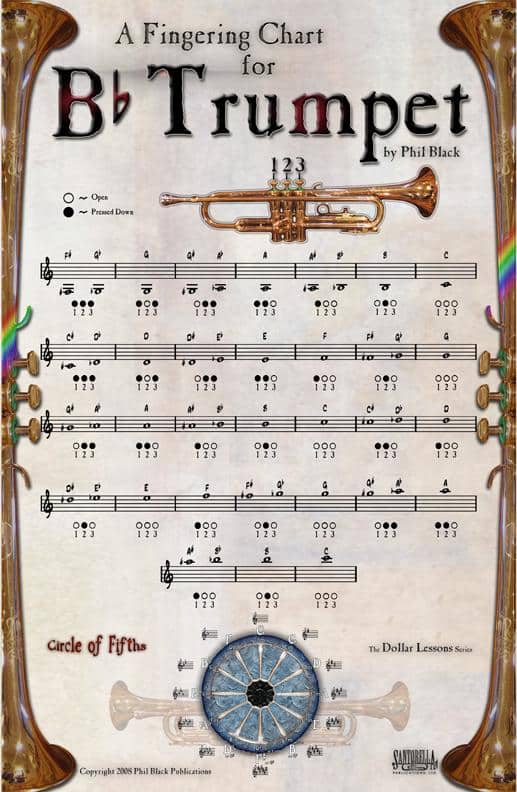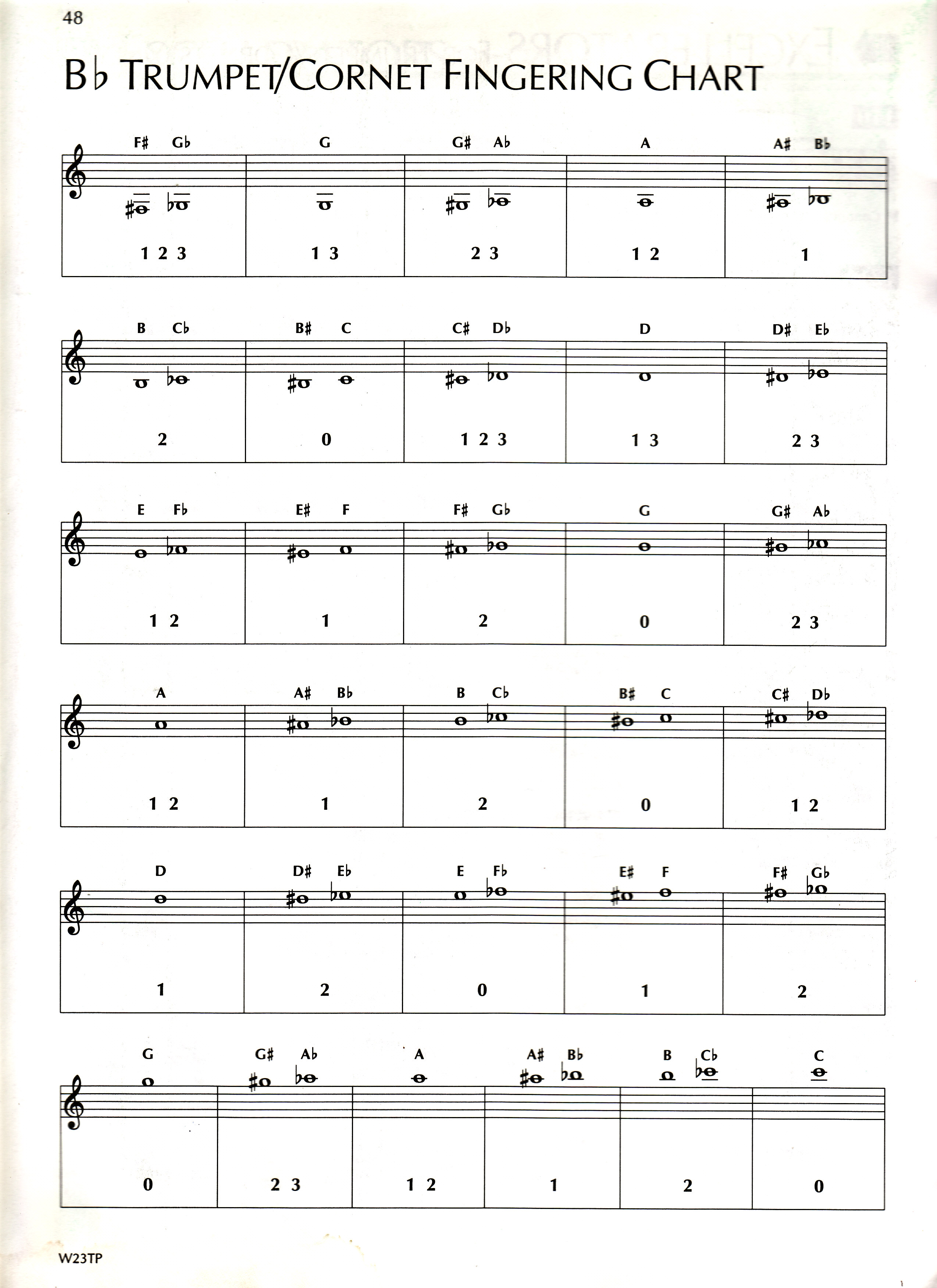
If you are using an electronic tuner, begin in the same manner but instead of playing the note on piano, view the results on the tuner. Keep that pitch in mind as you now play the same note (in the pianos case, Bb) on the piano. To make sure that you center that note, begin on second line G followed by A then B and finally resting on a well centered C (tuning note). For a trumpet/cornet player this would be done this way- Your eventual tuning note would, in most cases be your written C (third space in the staff). Even before the trumpet’s tuning note is played, it is best to play a short scale up to that note in order to center your pitch. When you tune to a fixed pitch instrument, it is best to play the note on the trumpet first for if the piano is played first, you will tend to lip your trumpet note up or down in order to match the piano note. the players lip, air, mouthpiece pressure, posture, tongue position etc. The pitch of a trumpet can be affected by the player in several ways, i.e. A fixed pitch instrument will not fluctuate as does the pitch of a trumpet/cornet. In most cases, this would be an electronic tuner or a fixed pitch instrument such as a piano or electronic keyboard. First, your instrument needs to be matched with a known pitch. We need to address two levels of intonation in order to answer this question.

How do I make sure my instrument is in tune? When we get to the section How to Produce a Good Sound I will further explain this condition. The more people playing with a bigger sound produces an ensemble with a fuller, richer sound.

The more overtones you produce, the bigger the sound. The reason for this is that intonation is affected by overtones which affect a notes timbre or tone quality. To the listener, it hurts.Īn ensemble performing in tune will sound fuller than one that is out of tune. When they land on an out of tune note for any length of time, we all seem to have the same reaction which is first forcing our faces into strange contortions as we slip to the floor in disbelief.

If you watch television programs such as “American Idol” or “So You Think You’ve Got Talent” or some equally popular show, you have experienced the horror of amateur singers trying to make it big. It doesn’t hurt the player but it certainly hurts the listener. Before we get to the “How Do I’s”, I need to address a few questions which are seldom asked but are equally important:


 0 kommentar(er)
0 kommentar(er)
